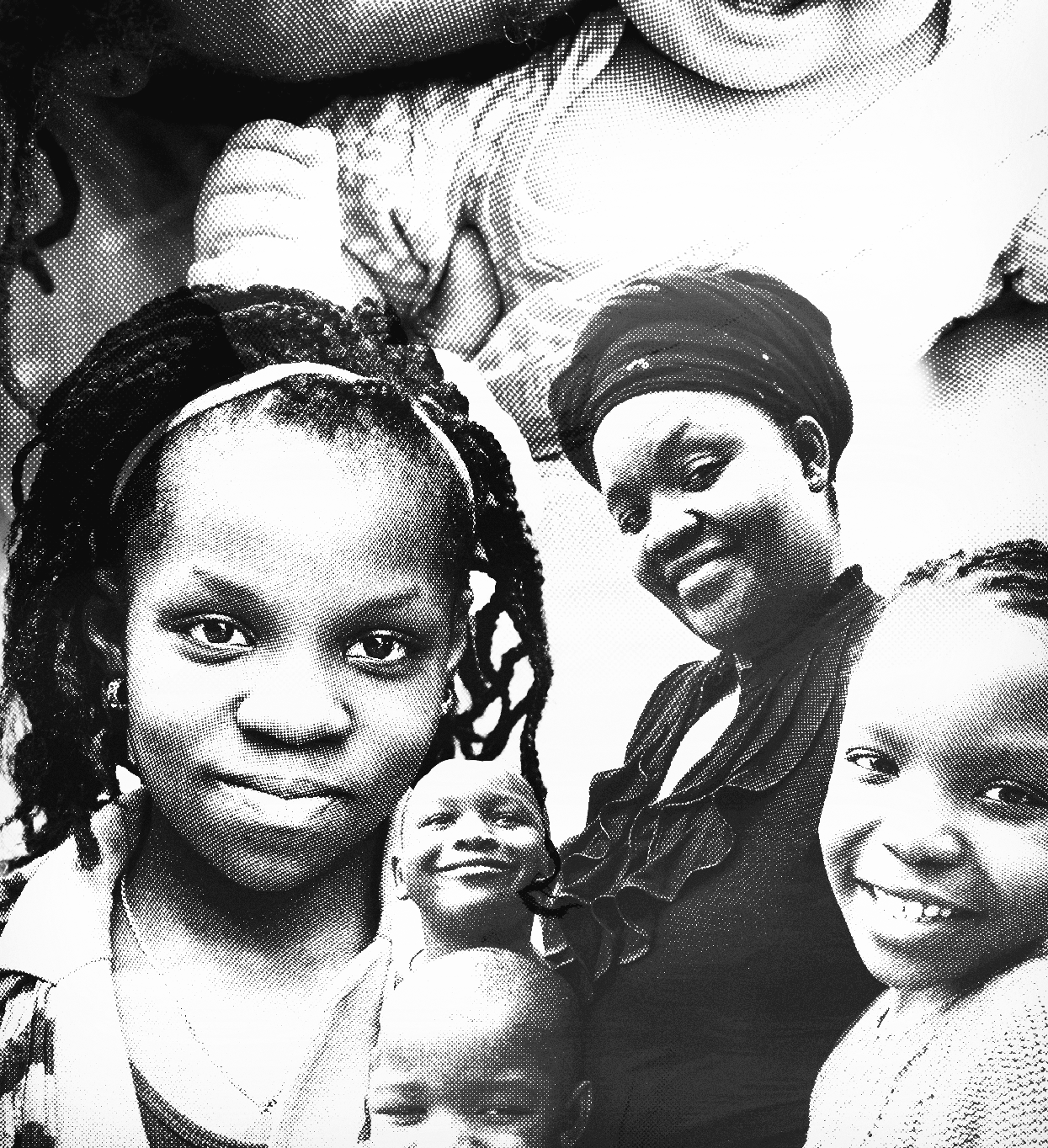
5 minute read
Theme 2: Maternity, parenthood and early years
The physical and mental health of parents are essential for the development of children with mothers playing an important role after conception and then from birth. How they are supported during pregnancy can affect not only the first few years of a child’s growth but also their prospects into adulthood.
In the UK, Black women are five times more likely to die in pregnancy or childbirth than White women. During the Covid-19 pandemic, 55% of pregnant women admitted to hospital with coronavirus were from ethnic minority backgrounds.
Prevention and early intervention are most effective when delivered in those early life stages. Prof. Sir Michael Marmot who wrote the study Fair Society, Healthy Lives (The Marmot Review) notes ‘giving every child the best start in life is crucial to reducing health inequalities across the life course.’ The “first 1,000 days of life” for lifetime health and wellbeing opportunities and outcomes are now recognised as critical.
We present the main findings from the evidence review, community engagement and stakeholder group sessions. The members of the boards suggest opportunities for action to help improve support for Black African and Black Caribbean parents and children.
What did we find from the rapid review?
In local data, there were some interesting differences between the two areas.
Maternity
The outcomes for infant death and low birth weight in Birmingham are consistently poorer compared to England and Lewisham. In Birmingham, the highest infant mortality rates in the BLACHIR communities were found in mothers born in the Caribbean (9.0 deaths per 1000 live births) and Central Africa (8.3 deaths per 1000 live births) and this has remained so over time.
Babies of Black or Black British ethnicity have greater than two times the risk of stillbirth than those of White British ethnicity.
There are increasingly positive outcomes for continuity of care for Birmingham’s Black African, Black Caribbean, and Black Mixed ethnicity mothers.
Pre-term birth rates are higher for Birmingham’s Black Caribbean and Black Other women in 2020 compared to Black African and White British women.
Emergency caesarean rates, from 2019 to 2020 for Black women, show an increase across all groups with higher rates seen in Black African women. However, there is a need to compare the service standards as this can be an indicator of high-risk pregnancy or underlying medical conditions.
Parenthood and early years
The evidence base around parenting and early years that is specific to Black African and Black Caribbean communities is very limited in a UK context. The academic evidence highlighted the following issues driving inequalities in early years outcomes:
• Socioeconomic factors.
• Barriers to accessing prenatal, postnatal, and maternity services.
• Lack of culturally competent and sensitive approaches.
• Poor perinatal mental health support.
• Parental feeding practices such as greater eating pressures and concerns.
• Black men and young Black women facing barriers and stigmatisation.
• Intergenerational care not being recognised as an obvious aspect of family care.
Fewer children are assessed as being school-ready at the end of Reception in Birmingham (68%) compared to England (71.8%) and Lewisham (76.4%). In 2018-19 only 68% of all Black children achieved the expected standard of development in Reception in comparison with 72% of all White children in England.

What did we find from the community and board engagement?
Lack of cultural awareness
Maternity care processes (pathways) do not recognise cultural differences between Black African and Black Caribbean women which can lead to barriers and result in stigmatisation and stereotyping. There is a need to develop and apply a pregnancy needs assessment model inclusive of lived experiences and accounting for cultural traditions. Community-led initiatives or models should be considered.
Conscious and unconscious bias
Communities told us that healthcare professionals tend to have more dismissive attitudes towards ethnic minority women, preventing them from accessing services. The uniting of education, policy and practice through cultural competency (understanding) training could remove bias and stereotypical views that influence assumptions and treatment.
The bias was also visible and present in the way data on ethnicity and culture was collected by services and when it was collected. There are significant gaps in collecting and using data about ethnicity to understand the inequalities and underpin needs assessments as well as the provision of appropriate services, and the discussions with communities highlighted the need for this to be much more granular and not lump all communities together.
Opportunities for action
Local Integrated Care Systems (ICS) and NHS Provider Collaboratives
1. Address any gaps in existing Maternity and Paediatric Health Professionals’ training, including cultural awareness, learning from lived experience, awareness of inclusion practices and policies, and awareness of trauma caused by racism and discrimination and how to deliver sensitive care.
Local Integrated Care Systems (ICS)
2. Co-design an online tool with communities to collect information on beliefs, cultural practices and traditions from ethnic groups. This resource could then be used for training to inform practice and communication with patients and service users.
Local Maternity System Partnerships and Healthy Child Programme Providers
3. Improve data collection by specific ethnicity in maternity and early years services considering the differences in ethnic background and nationality. Work with professionals who represent ethnic minority groups to ensure a sensitive approach when collecting data.
Local Maternity System Partnerships (LMS) working with Local Council Housing Teams
4. Support all women who are migrants, refugees, and asylum seekers, particularly those with no access to public funds, to access appropriate care during and post-pregnancy, through appropriate support and protecting them from relocation or eviction.
Local Public Health and NHS services
5. Develop culturally specific and appropriate weaning support initiatives for Black African and Black Caribbean parents.




